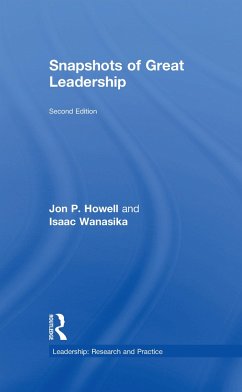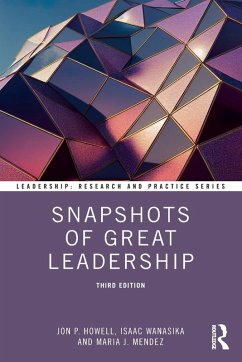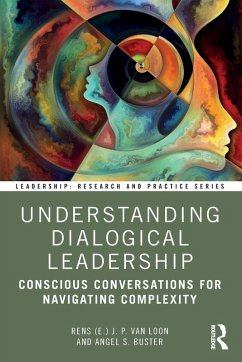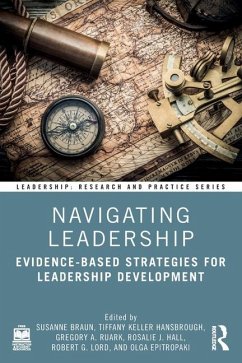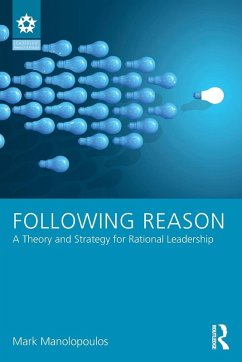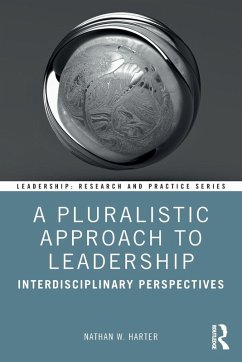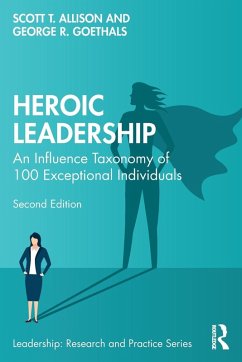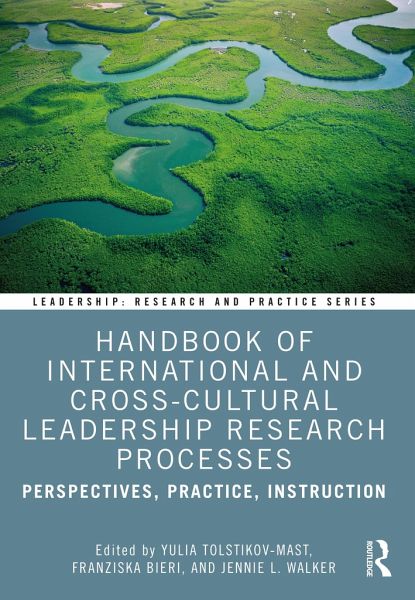
Handbook of International and Cross-Cultural Leadership Research Processes
Perspectives, Practice, Instruction
Herausgeber: Tolstikov-Mast, Yulia; Walker, Jennie L.; Bieri, Franziska

PAYBACK Punkte
66 °P sammeln!
An invaluable contribution to the area of leadership studies, this handbook brings together renowned authors with diverse cultural, academic and practitioner backgrounds to provide a comprehensive overview and analysis of all stages of the research process.





